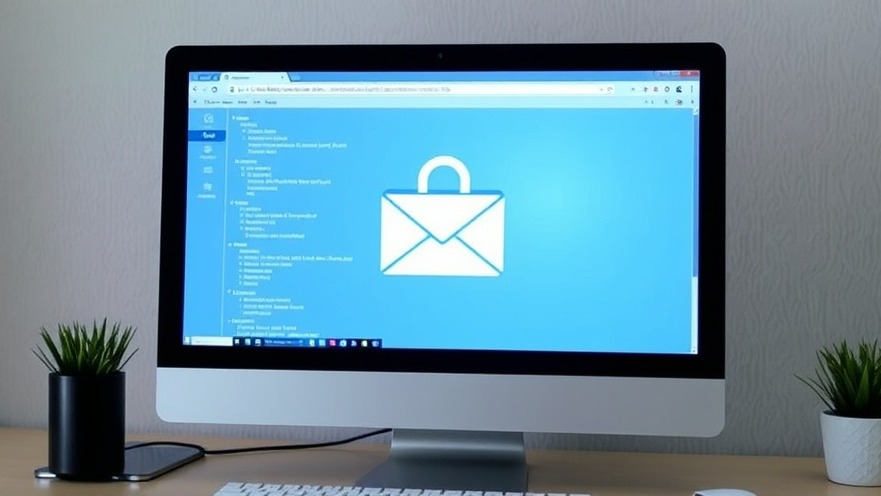
Why Email Remains a Major Security Risk in Healthcare
Email serves as a vital communication tool in healthcare, aiding everything from scheduling appointments to sharing critical lab results. However, its dominance also makes it one of the most vulnerable points of exposure for sensitive patient information. The convenience of email, while indispensable, poses significant risks; a single misaddressed email or successful phishing attempt can lead to data breaches that compromise patient identities, treatments, and even safety.
The Evolving Threat Landscape: From Technical Exploits to Human-Centric Attacks
Cybercriminal tactics have evolved. Gone are the days when complex technical exploits were the primary attack vectors. Today, personalized deception tactics significantly raise the stakes. According to recent research, a staggering 58% of phishing websites leverage unidentifiable phishing kits that employ artificial intelligence to create bespoke attacks. These personalized threats bypass traditional security measures and exploit human behavior, making staff an easy target. Business Email Compromise (BEC) is another major concern, with a notable 82% of these attacks involving impersonations of company leadership to deceive employees into revealing sensitive information or transferring funds.
Understanding Malware Risks
The threat landscape is further complicated by the proliferation of malware. For example, Lumma Stealer, the leading strain, propagates through deceitful attachments and compromised links from reputable cloud services. The malware-as-a-service model is particularly alarming as it allows attackers easy access to powerful tools without the need for deep technical knowledge. With the increase in availability of these dangerous services, the urgency of implementing robust email security systems cannot be overstated.
The Human Element: Our Weakest Link
Surprisingly, human error is often cited as the most significant barrier to achieving effective cybersecurity in healthcare. Medical professionals frequently work in high-pressure settings where they juggle juggling multiple patient care and administrative responsibilities. In this environment, it’s all too easy to send an email to the wrong recipient or accidentally click on a malicious link. Moreover, many healthcare organizations rely on external vendors to manage significant functions such as billing or communications. If these partners suffer a breach, the healthcare provider remains liable, underscoring the necessity for a security culture that emphasizes vigilance within the entire organization.
A Countermeasure: Adopting a Human-Centric Security Approach
To genuinely mitigate email risks, it’s imperative to adopt a security approach that goes beyond perimeter defenses. While implementing encryption and multi-factor authentication is essential, education and ongoing training are paramount. Regular phishing tests can help prepare your staff for actual attacks, while teaching them how to recognize warning signs enhances the overall security posture.
Moving Forward: Proactive Steps for Healthcare Practitioners
Healthcare practices should lead the charge in building a culture of cybersecurity awareness. Simple practices like thoroughly checking recipient details before hitting 'send', being skeptical of unexpected attachments, and taking time to verify any unusual requests can enhance security significantly. The implementation of dedicated training programs will educate staff on recognizing red flags and understanding the importance of maintaining data integrity.
Conclusion: Taking Action Now
For concierge health practitioners navigating the intricacies of technology while trying to grow their practices, paying keen attention to email security is paramount. Being proactive rather than reactive will not only protect patients but also sustain organizational reputation. By investing in training and adopting a human-centric approach to security, practitioners can mitigate risks and focus on what truly matters: providing exceptional patient care.
 Add Row
Add Row  Add
Add 




Write A Comment